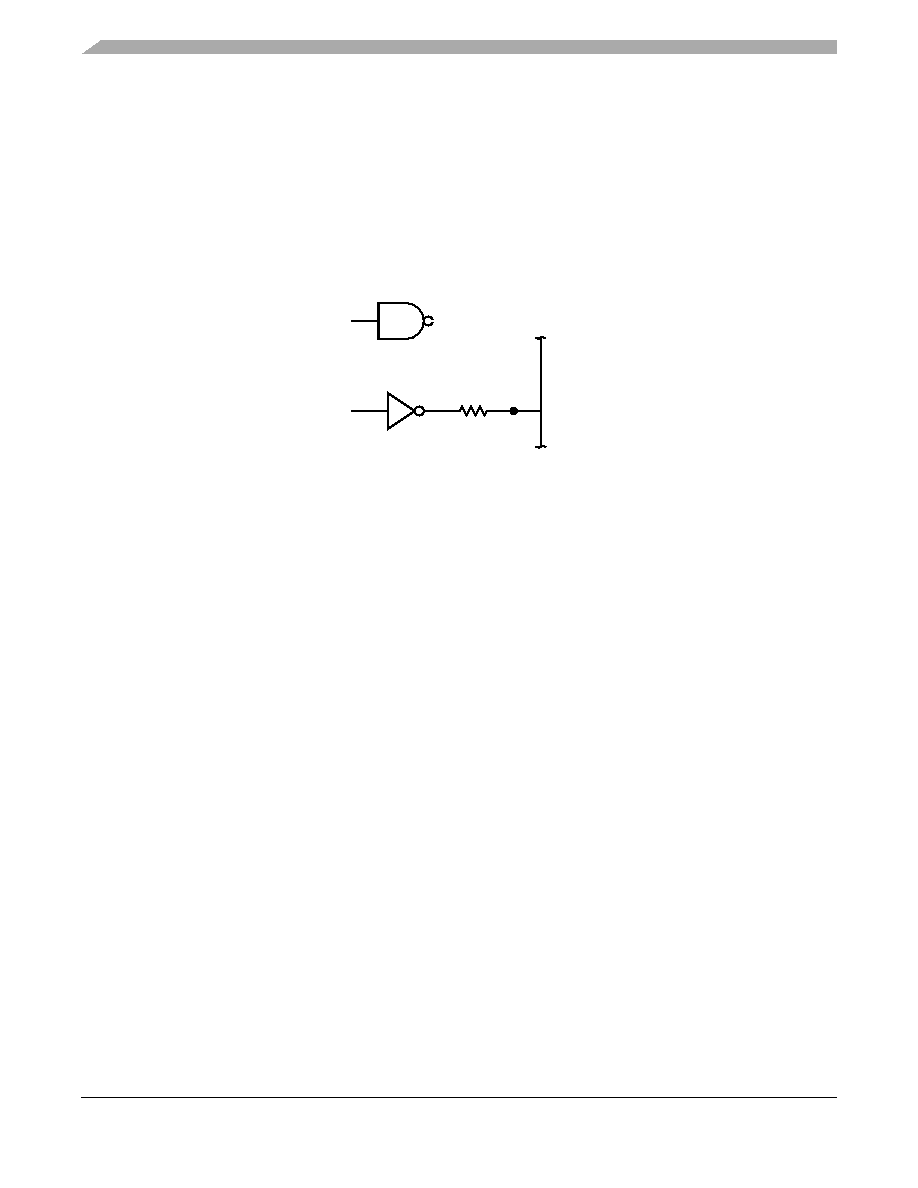- 您現(xiàn)在的位置:買賣IC網(wǎng) > PDF目錄45228 > MC68HC11E9MB2 (FREESCALE SEMICONDUCTOR INC) 8-BIT, MROM, 2 MHz, MICROCONTROLLER, PDIP56 PDF資料下載
參數(shù)資料
| 型號(hào): | MC68HC11E9MB2 |
| 廠商: | FREESCALE SEMICONDUCTOR INC |
| 元件分類: | 微控制器/微處理器 |
| 英文描述: | 8-BIT, MROM, 2 MHz, MICROCONTROLLER, PDIP56 |
| 封裝: | 0.070 INCH PITCH, SDIP-56 |
| 文件頁數(shù): | 118/242頁 |
| 文件大小: | 1672K |
| 代理商: | MC68HC11E9MB2 |
第1頁第2頁第3頁第4頁第5頁第6頁第7頁第8頁第9頁第10頁第11頁第12頁第13頁第14頁第15頁第16頁第17頁第18頁第19頁第20頁第21頁第22頁第23頁第24頁第25頁第26頁第27頁第28頁第29頁第30頁第31頁第32頁第33頁第34頁第35頁第36頁第37頁第38頁第39頁第40頁第41頁第42頁第43頁第44頁第45頁第46頁第47頁第48頁第49頁第50頁第51頁第52頁第53頁第54頁第55頁第56頁第57頁第58頁第59頁第60頁第61頁第62頁第63頁第64頁第65頁第66頁第67頁第68頁第69頁第70頁第71頁第72頁第73頁第74頁第75頁第76頁第77頁第78頁第79頁第80頁第81頁第82頁第83頁第84頁第85頁第86頁第87頁第88頁第89頁第90頁第91頁第92頁第93頁第94頁第95頁第96頁第97頁第98頁第99頁第100頁第101頁第102頁第103頁第104頁第105頁第106頁第107頁第108頁第109頁第110頁第111頁第112頁第113頁第114頁第115頁第116頁第117頁當(dāng)前第118頁第119頁第120頁第121頁第122頁第123頁第124頁第125頁第126頁第127頁第128頁第129頁第130頁第131頁第132頁第133頁第134頁第135頁第136頁第137頁第138頁第139頁第140頁第141頁第142頁第143頁第144頁第145頁第146頁第147頁第148頁第149頁第150頁第151頁第152頁第153頁第154頁第155頁第156頁第157頁第158頁第159頁第160頁第161頁第162頁第163頁第164頁第165頁第166頁第167頁第168頁第169頁第170頁第171頁第172頁第173頁第174頁第175頁第176頁第177頁第178頁第179頁第180頁第181頁第182頁第183頁第184頁第185頁第186頁第187頁第188頁第189頁第190頁第191頁第192頁第193頁第194頁第195頁第196頁第197頁第198頁第199頁第200頁第201頁第202頁第203頁第204頁第205頁第206頁第207頁第208頁第209頁第210頁第211頁第212頁第213頁第214頁第215頁第216頁第217頁第218頁第219頁第220頁第221頁第222頁第223頁第224頁第225頁第226頁第227頁第228頁第229頁第230頁第231頁第232頁第233頁第234頁第235頁第236頁第237頁第238頁第239頁第240頁第241頁第242頁

M68HC11 Bootstrap Mode, Rev. 1.1
204
Freescale Semiconductor
Allowing for Bootstrap Mode
In systems where the PD0/RxD pin is normally used as a general-purpose output, a serial signal from the
host can be connected to the pin without resulting in output driver conflicts. It may be important to consider
what the existing logic will do with the SCI serial data instead of the signals that would have been
produced by the PD0 pin. In systems where the PD0 pin is used normally as a general-purpose input, the
driver circuit that drives the PD0 pin must be designed so that the serial data can override this driver, or
the driver must be disconnected during the bootstrap download. A simple series resistor between the
driver and the PD0 pin solves this problem as shown in Figure 5. The serial data from the host computer
can then be connected to the PD0/RxD pin, and the series resistor will prevent direct conflict between the
host driver and the normal PD0 driver.
Figure 5. Preventing Driver Conflict
TxD Pin
The bootloader program uses the PD1/TxD pin to send verification data back to the host computer. To
minimize the possibility of conflicts with circuitry connected to this pin, port D is configured for wire-OR
mode by the bootloader program during initialization. Since the wire-OR configuration prevents the pin
from driving active high levels, a pullup resistor to VDD is needed if the TxD signal is used.
In systems where the PD1/TxD pin is normally used as a general-purpose output, there are no output
driver conflicts. It may be important to consider what the existing logic will do with the SCI serial data
instead of the signals that would have been produced by the PD1 pin.
In systems where the PD1 pin is normally used as a general-purpose input, the driver circuit that drives
the PD1 pin must be designed so that the PD1/TxD pin driver in the MCU can override this driver. A simple
series resistor between the driver and the PD1 pin can solve this problem. The TxD pin can then be
configured as an output, and the series resistor will prevent direct conflict between the internal TxD driver
and the external driver connected to PD1 through the series resistor.
Other
The bootloader firmware sets the DWOM control bit, which configures all port D pins for wire-OR
operation. During the bootloading process, all port D pins except the PD1/TxD pin are configured as
high-impedance inputs. Any port D pin that normally is used as an output should have a pullup resistor so
it does not float during the bootloading process.
RxD/PD0
(BEING USED
AS INPUT)
EXISTING
CONTROL
SIGNAL
SERIES
RESISTOR
RS232
LEVEL
SHIFTER
FROM
HOST
SYSTEM
MC68HC11
EXISTING
DRIVER
CONNECTED ONLY DURING
BOOTLOADING
相關(guān)PDF資料 |
PDF描述 |
|---|---|
| MC68HC11E9VB2 | 8-BIT, MROM, 2 MHz, MICROCONTROLLER, PDIP56 |
| MC68HC11E9VFN2 | 8-BIT, MROM, 2 MHz, MICROCONTROLLER, PQCC52 |
| MC68HC711E9CFN2 | 8-BIT, OTPROM, 2 MHz, MICROCONTROLLER, PQCC52 |
| MC68L11E9B2 | 8-BIT, MROM, 2 MHz, MICROCONTROLLER, PDIP56 |
| MC68HC11E0MFN2 | 8-BIT, 2 MHz, MICROCONTROLLER, PQCC52 |
相關(guān)代理商/技術(shù)參數(shù) |
參數(shù)描述 |
|---|---|
| MC68HC11E9MFN2 | 制造商:MOTOROLA 制造商全稱:Motorola, Inc 功能描述:Microcontrollers |
| MC68HC11E9MFU2 | 制造商:MOTOROLA 制造商全稱:Motorola, Inc 功能描述:Microcontrollers |
| MC68HC11E9MPB2 | 制造商:MOTOROLA 制造商全稱:Motorola, Inc 功能描述:Microcontrollers |
| MC68HC11E9PB3 | 制造商:MOTOROLA 制造商全稱:Motorola, Inc 功能描述:Microcontrollers |
| MC68HC11E9VB2 | 制造商:MOTOROLA 制造商全稱:Motorola, Inc 功能描述:Microcontrollers |
發(fā)布緊急采購,3分鐘左右您將得到回復(fù)。